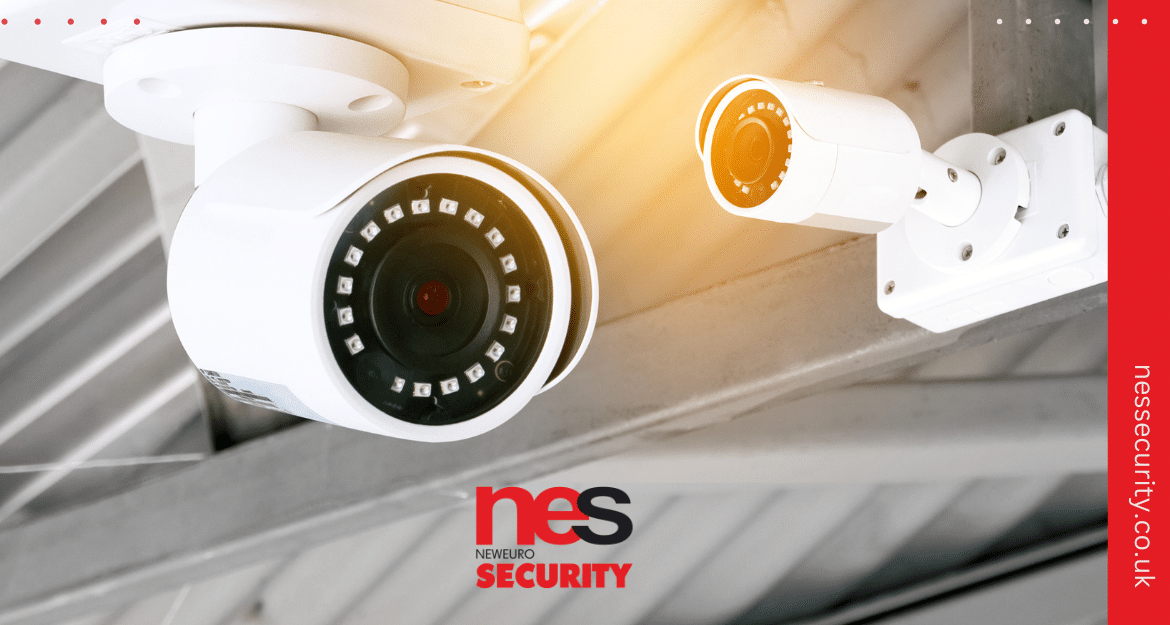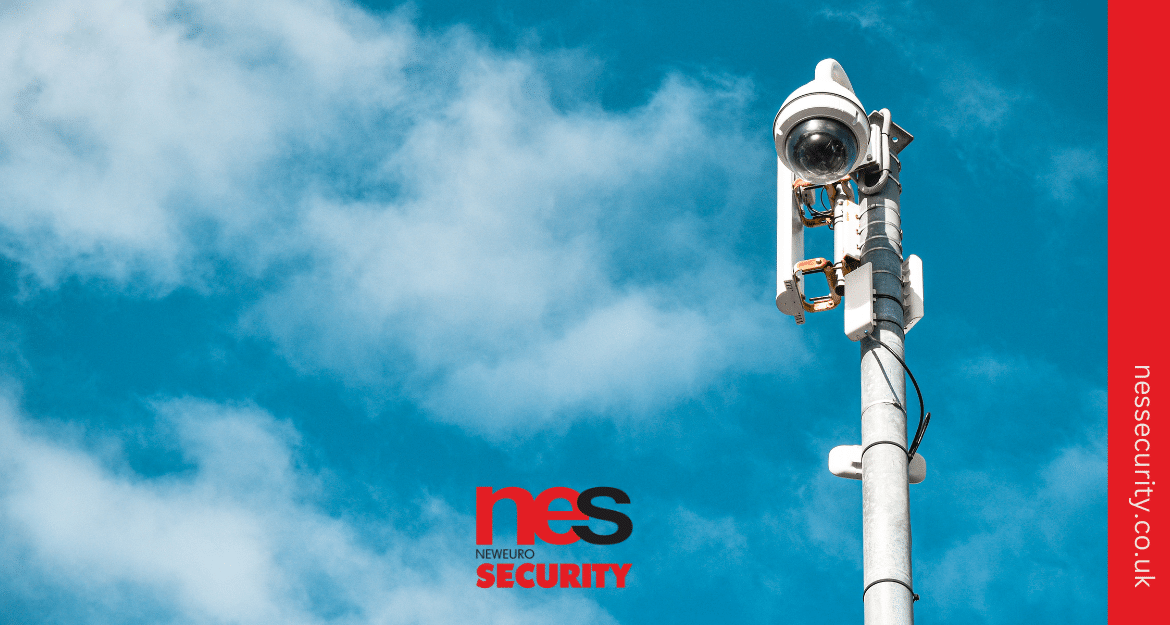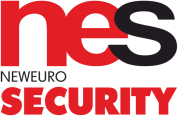In recent years, the field of Closed-Circuit Television (CCTV) has undergone a significant revolution with the integration of Artificial Intelligence (AI). This dynamic combination has unlocked new possibilities for intelligent and proactive surveillance, redefining security measures and enhancing overall safety in various environments. With AI-driven video analytics and smart detection capabilities, CCTV systems have evolved into powerful tools capable of automatically interpreting and responding to real-time situations. This article explores the role of AI in CCTV, delving into video analytics, smart detection, advantages, challenges, and the future of AI-powered surveillance.
Understanding the Impact of AI on CCTV
The integration of AI in CCTV has brought forth a paradigm shift in the way surveillance is conducted. Traditional CCTV systems were largely passive, requiring human monitoring to detect incidents and threats. However, with AI, cameras are now transformed into intelligent observers capable of processing and analysing video data in real-time. By leveraging sophisticated algorithms, AI-equipped CCTV systems can identify and classify objects, recognize patterns, and make informed decisions, all without human intervention. This enhanced level of automation and cognitive capabilities has revolutionised the surveillance landscape, enabling proactive and accurate threat detection.
Video Analytics: Leveraging AI for Intelligent Surveillance
At the heart of AI-powered CCTV lies video analytics, a groundbreaking technology that empowers cameras to extract valuable insights from video streams. Video analytics involves a range of techniques, such as object detection, facial recognition, licence plate recognition, and behaviour analysis. By applying AI algorithms to video feeds, CCTV systems can intelligently monitor and interpret actions, automatically flagging unusual or suspicious activities. This level of precision and efficiency significantly reduces the burden on human operators while ensuring a more thorough and proactive approach to surveillance.

Smart Detection and Real-Time Alerts with AI
One of the most significant advantages of AI in CCTV is its ability to provide real-time alerts for critical events. Smart detection algorithms can recognize various predefined scenarios, such as unauthorised access, loitering, perimeter breaches, or abnormal behaviour. When an alert is triggered, the system can immediately send notifications to security personnel or designated stakeholders, enabling swift responses to potential threats. This real-time alerting mechanism enhances the overall effectiveness of security measures, reducing response times and mitigating risks.
Advantages of AI-Enabled CCTV Systems
The adoption of AI in CCTV systems comes with a myriad of advantages that benefit organisations across different sectors. Firstly, AI-driven surveillance eliminates the limitations of human oversight, providing continuous and comprehensive monitoring, regardless of the environment’s size or complexity. Secondly, intelligent analytics ensure precise and reliable threat detection, minimising false alarms and increasing the efficiency of security personnel. Moreover, AI can detect patterns over time, enabling predictive analysis to anticipate potential risks and security breaches.
Furthermore, AI-enabled CCTV solutions offer cost-saving benefits by reducing the need for round-the-clock human surveillance. This cost-effectiveness, combined with improved security, results in a higher return on investment (ROI) for businesses and institutions alike. Additionally, AI-powered video analytics can assist in optimising operations, crowd management, and resource allocation, making it a valuable tool for various applications beyond security.
Implementing AI in CCTV: Challenges and Solutions
Despite the transformative potential of AI in CCTV, implementing such sophisticated technology comes with its own set of challenges. The accuracy and reliability of AI algorithms heavily rely on the quality and quantity of training data. Ensuring an extensive and diverse dataset during the training phase is essential to avoid bias and achieve more accurate results.
Moreover, the computational requirements of AI video analytics demand powerful hardware resources. Processing high-resolution video feeds and running complex algorithms in real-time can strain traditional CCTV systems. Addressing this challenge may involve investing in robust hardware infrastructure or opting for cloud-based AI solutions, which offer scalability and flexibility.
The integration of AI into existing CCTV infrastructure also requires careful planning and execution. Compatibility issues, data migration, and system integration must be seamlessly managed to prevent disruptions and ensure a smooth transition.
Enhancing Security with AI-Powered CCTV
The integration of AI into CCTV dramatically enhances security capabilities. Intelligent cameras equipped with facial recognition can identify and track individuals of interest, assisting in criminal investigations and safeguarding public spaces. Furthermore, AI-powered CCTV can detect anomalies and suspicious behaviours, such as unattended bags or erratic movements, alerting authorities to potential threats before they escalate.
In high-risk environments, such as airports, transportation hubs, or critical infrastructure, AI-driven CCTV acts as a force multiplier, bolstering security efforts and strengthening defence against various risks. The constant vigilance and proactive nature of AI surveillance ensure that security personnel are promptly informed of any potential threats, enabling them to respond swiftly and appropriately.

AI-Driven Video Search and Forensics
One of the standout features of AI in CCTV is its capability for intelligent video search and forensic analysis. Traditional CCTV systems rely on manual review of video footage to investigate incidents or retrieve specific events. This process is time-consuming and labour-intensive.
However, AI-driven video search can automatically index and catalogue video data based on detected objects, actions, or timestamps. When an incident needs investigation, security personnel can use intuitive search parameters to find relevant video segments quickly. This functionality significantly expedites incident response and enables efficient post-event analysis.
Privacy and Ethical Considerations in AI-CCTV Integration
As AI-powered CCTV systems become more prevalent, concerns regarding privacy and ethical implications arise. Facial recognition, in particular, has drawn scrutiny due to its potential for invasive surveillance and data misuse. Striking a balance between enhanced security and protecting individual privacy is crucial in AI-CCTV deployment.
To address these concerns, responsible AI-CCTV integration must comply with data protection regulations and adhere to ethical practices. Employing privacy-enhancing technologies, such as anonymization and data encryption, can help safeguard sensitive information while still benefiting from the advantages of AI-driven surveillance.
Furthermore, open communication with stakeholders and end-users about the purpose and extent of AI surveillance is essential to build trust and ensure transparency.
The Future of AI in CCTV: Trends and Innovations
The development of AI in CCTV is an ever-evolving field with ongoing research and continuous advancements. As technology progresses, we can expect further improvements in AI algorithms, leading to even more accurate and efficient video analytics. The integration of machine learning and deep learning techniques will further enhance the capabilities of AI-driven CCTV, enabling more sophisticated threat detection and behavioural analysis.
Moreover, AI-CCTV integration is likely to expand into new applications and industries beyond traditional security. With the ability to gather valuable insights from video data, AI-powered CCTV can be leveraged in retail analytics, traffic management, healthcare, and more. This multifaceted approach will lead to broader adoption of AI in various aspects of daily life, improving efficiency, safety, and convenience.
FAQs
Is AI-powered CCTV more reliable than traditional CCTV?
AI-powered CCTV offers several advantages over traditional systems, such as improved accuracy in threat detection and reduced false alarms. By leveraging intelligent video analytics, AI-enabled CCTV systems can provide continuous monitoring and real-time alerts, enhancing overall security.
How does AI help in forensic investigations?
AI-driven video search and forensic analysis allow security personnel to quickly and accurately search for relevant video segments based on specific criteria. This functionality expedites incident response and aids in post-event analysis, facilitating more efficient investigations.
What are the privacy concerns related to AI in CCTV?
The use of facial recognition and other biometric data in AI-CCTV raises privacy concerns. To address these issues, responsible AI-CCTV integration should comply with data protection regulations, use privacy-enhancing technologies, and communicate transparently with stakeholders.
Partnering with Nes Security for AI-Enhanced CCTV Solutions
At Nes Security, we understand the evolving landscape of security and surveillance technology. Our expert team specialises in providing cutting-edge AI-enhanced CCTV solutions tailored to your specific needs. From initial assessment to seamless integration, we ensure that your surveillance system is optimised for enhanced security and peace of mind. With our comprehensive support and maintenance services, you can trust Nes Security to deliver reliable and top-notch AI-powered CCTV solutions for your organisation.
AI has emerged as a game-changer in the world of CCTV, revolutionising surveillance capabilities and raising security to unprecedented levels. Through video analytics and smart detection, AI-enabled CCTV systems offer continuous monitoring, real-time alerts, and intelligent search capabilities. The advantages of AI-powered surveillance extend beyond security, impacting various industries and applications. However, responsible AI-CCTV integration must address privacy concerns and ethical considerations to build trust and ensure responsible deployment. As AI continues to advance, its role in CCTV will undoubtedly shape the future of security and surveillance, making the world a safer place for everyone.
Partner with Nes Security today and experience the power of AI-enhanced CCTV solutions for your security needs. Our team of experts will guide you through the entire process, ensuring that your surveillance system is equipped with cutting-edge technology to protect what matters most. With Nes Security, you can rest assured that you have a dedicated partner committed to providing the best security solutions for your organisation.


